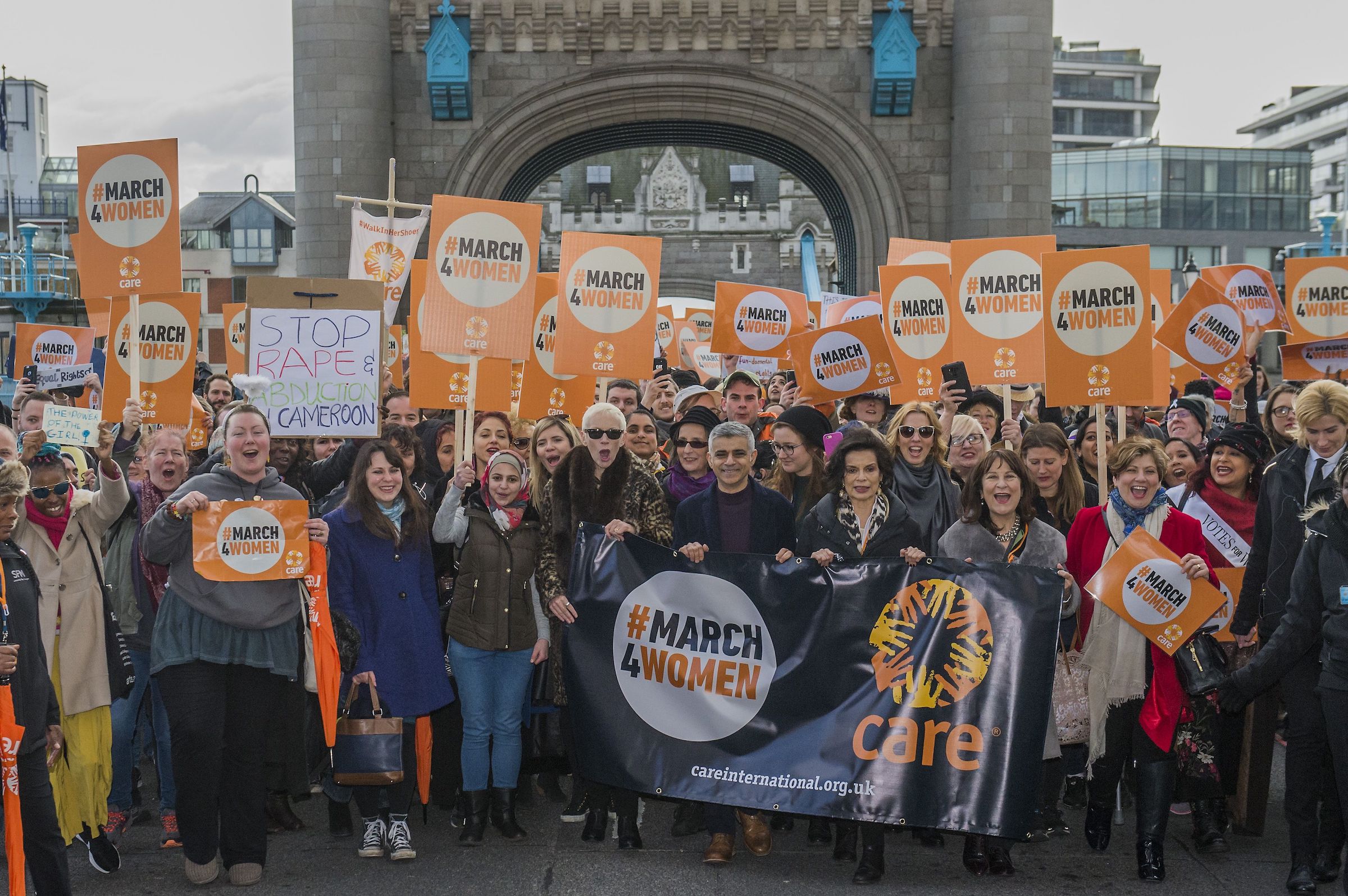As a proud feminist, I'm unveiling plans to help women in London who live in fear
Now more than ever men in positions of power need to use their voices to defend women and girls


On International Women’s Day, and throughout this year, as we mark the centenary of the first women in the UK securing the right to vote, it is a time to look back on the huge progress that has been made in the fight for gender equality, and to celebrate the success of women in our great city. But today we must also take stock of the barriers to success and inequalities women still face, and take action.
As a proud feminist, I’m determined to do all I can to fight for gender equality. That’s why I’ve launched my campaign #BehindEveryGreatCity which will shine a light on gender inequality and try to drive change. It will also ensure that the achievements and roles women have played in London and the rest of the country are properly recognised.
Last weekend saw thousands of Londoners from across the city come together to follow in the footsteps of the suffragettes and suffragists and march together to Trafalgar Square, in one of the biggest demonstrations of commitment to gender equality in modern times. Later this spring, we’ll finally see a statue of a woman – suffragist leader Millicent Fawcett – unveiled in Parliament Square. This will be the first ever monument of a woman to stand there, and the first statue in Parliament Square created by a woman – Turner Prize-winning artist Gillian Wearing OBE. This will be a historic moment for our capital and just the beginning of a journey which will see the achievements of great women, past and present, celebrated across London.
However, we will not lose focus on the huge amount there is still to do to ensure that women aren’t discriminated against because of their gender. One area where women and girls are hugely disproportionately affected is domestic abuse and we need to redouble our efforts to support victims and to bring abusers to justice. Domestic violence still accounts for around a tenth of all recorded crime in London – a shocking statistic. And this is just the tip of the iceberg.
According to domestic abuse charity Refuge, one in four women in the UK experiences domestic violence in her lifetime and two women are killed each week by a current or former partner in England and Wales.

As well as physical harm, controlling behaviour is a common and devastating trait in abusive relationships, with abusers seeking to control their partner’s everyday lives. This kind of controlling behaviour can make it difficult, sometimes dangerous for a victim to seek help.
In many cases, victims are suffering in silence, afraid to contact authorities for fear of arousing the suspicion of their abuser. We know that, for people trying to escape domestic abuse, fear of the perpetrator finding out is a barrier to victims seeking support. I want to do everything I can to address this issue, remove this barrier and ensure all women and girls in London feel safe.
Today, I’m announcing plans to make much-needed support for victims of domestic abuse available on their daily journeys to work, college or school – on London’s public transport network, a place that most Londoners visit every single day. By Transport for London working with domestic abuse refuge provider Hestia, we want to explore how victims of domestic violence can access support safely and discreetly.
This new initiative is one of many things I’m doing to tackle violence against women and girls. As well as funding an £8.5m domestic violence service in the capital, we’re also working with Transport for London and the police on the groundbreaking Project Guardian partnership – which encourages women to report sexual offences that take place on the capital’s transport network so they can be thoroughly investigated and offenders brought to justice. Shockingly, 90 per cent of sexual abuse on the transport network goes unreported. It’s vital that women feel confident in reporting criminal activity to the police and transport staff – and understand that it will be treated seriously and those found guilty will be punished.
Now, more than ever, we must remain firm in our commitment to gender equality, and we must do all we can to remove any barriers to women’s success. This means men in power need to lend their voices and fight alongside women and girls.
Women of all ages, ethnicities, faiths, sexuality, gender identity and backgrounds make London the great city it is. Now is the time for all of us to stand up, speak out and work to end inequality once and for all. It cannot take another 100 years.
Join our commenting forum
Join thought-provoking conversations, follow other Independent readers and see their replies
Comments
Bookmark popover
Removed from bookmarks